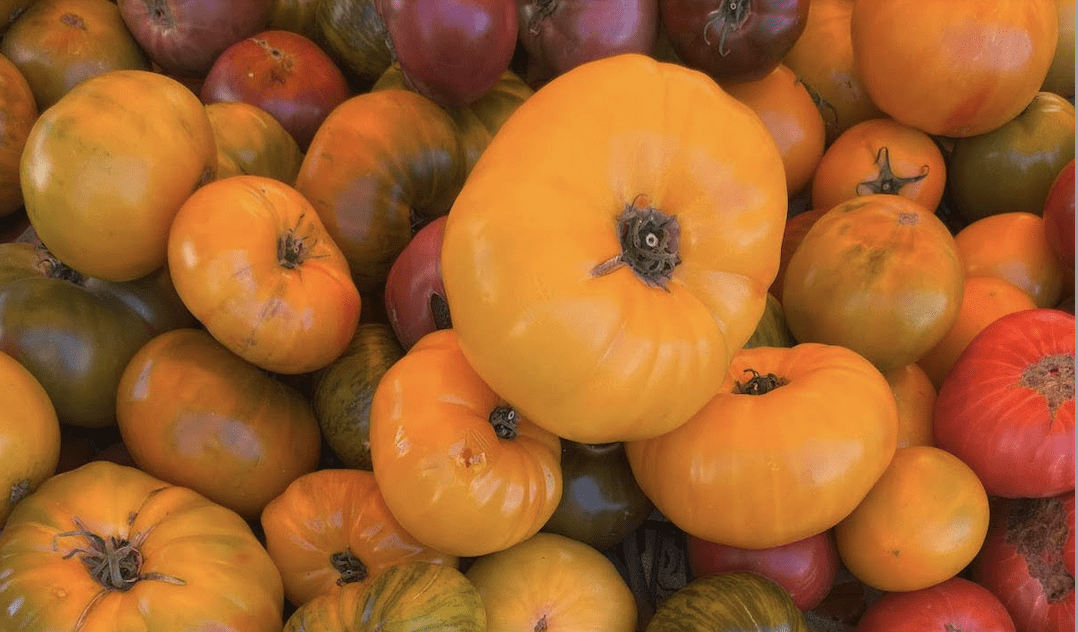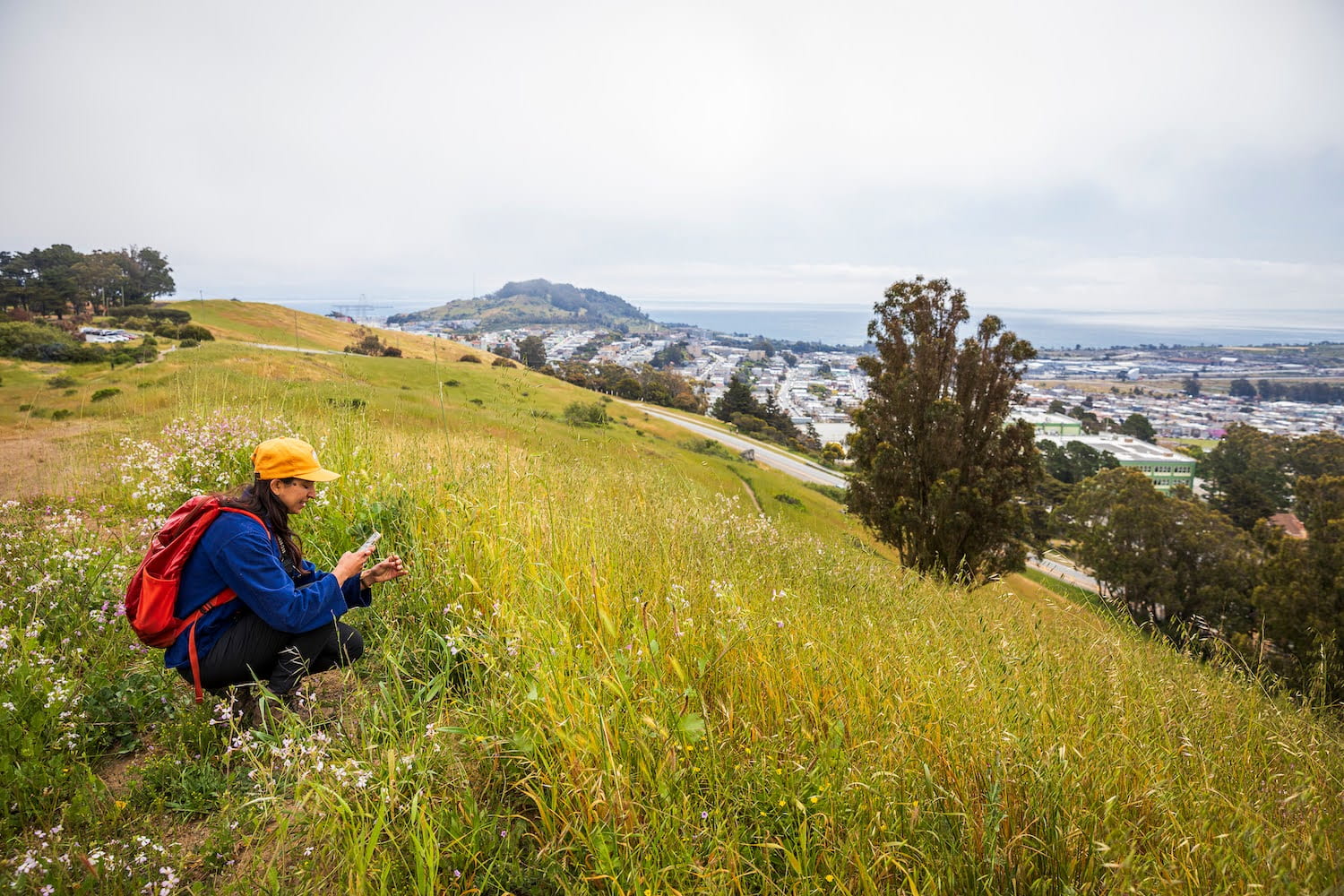The Importance of Local Organic Produce
Shopping locally for organic produce is much more important than what many may think. Not only is it better for your health, but it’s better for soil health, local economies, and for the health of the planet. Now I know that shopping organic is usually a few dollars more than conventionally grown produce, but I would hope that you will reconsider by the end of this reading.
Conventional vs. Organic
What differentiates these two are the way that the produce is grown. Conventionally grown produce utilizes synthetic fertilizers and chemicals to deter pests and weeds. Neither are actually good for soil health and the environment but are used to increase efficiency in production. These chemicals are harmful to human health and biodiversity, and they contribute to soil erosion and water pollution. Organic produce does not use synthetic fertilizers or chemicals. Instead, they may use compost, integrated pest management to fend off unwanted pests, and traditional methods such as crop rotation or using cover crops during off seasons.
Organic farming practices also contribute to the regeneration of soil health, whereas conventional practices deplete it. According to Soil Health Review, 80% of the planet’s terrestrial carbon stores are in the soils. Through conventional practices, those carbon stores are being released back into the atmosphere, which contributes to climate change. Organic practices encourage biodiversity, greater porosity and water retention of the soil, and greater soil stability (less soil erosion, which is a contributor to water pollution). Without taking care of the soil, we will not be able to sustain our ever growing population. Greater soil health also means that our crops and soil will be more likely to hold up in the event of extreme weather. Given the current state of the planet with increased extreme weather events, cultivating more resilient soil can only aid us in the fight against climate change.
Why shop local?
Shopping locally for your food has numerous benefits. Because the food was grown closer to you, it has less associated food miles. This means that the food has a shorter distance to travel from farm to table, so there is less carbon emissions during transportation, and less time, energy, and resources are required as well. The produce is also more nutrient dense than if it had traveled a farther distance. The longer the time between harvest and consumption, the more nutritional value that is lost. The produce is also picked at peak ripeness, unlike imported produce from farther away, which needs to be picked much earlier than peak ripeness. Another reason to shop locally is to stimulate your local economy. Spending your dollars locally empowers growers to continue their work and fosters a greater sense of community and self-reliance. Get to know your local farmers, and ask them questions about where your food comes from, the growing process, or even how it’s best prepared. Get curious!
One of the biggest deterrents to shopping organic is the price. While I wholeheartedly understand that organic is not feasible nor accessible for everyone, having awareness of the positive domino effect of shopping locally and organically is a great way to get more folks on board in the fight against the climate crisis. While the sticker price of organic foods may seem high, in the long run, it could save you from various adverse health effects. According to Canadian Medical Association Journal, acute health issues from pesticide exposure range from dermatitis to asthma exacerbation. Chronic issues include reproductive harm, various cancers, birth defects, immunotoxicity, and the disruption of the endocrine system. Think of organic food as a preventative measure because health is wealth, and healthy individuals lead to healthy communities.
If you want to start living a more planet-conscious and sustainable life, shopping locally and organically are small, yet impactful changes that you can incorporate into your everyday life. In a world that seems like so much is out of your control, this is one of the things that you can take control of.



